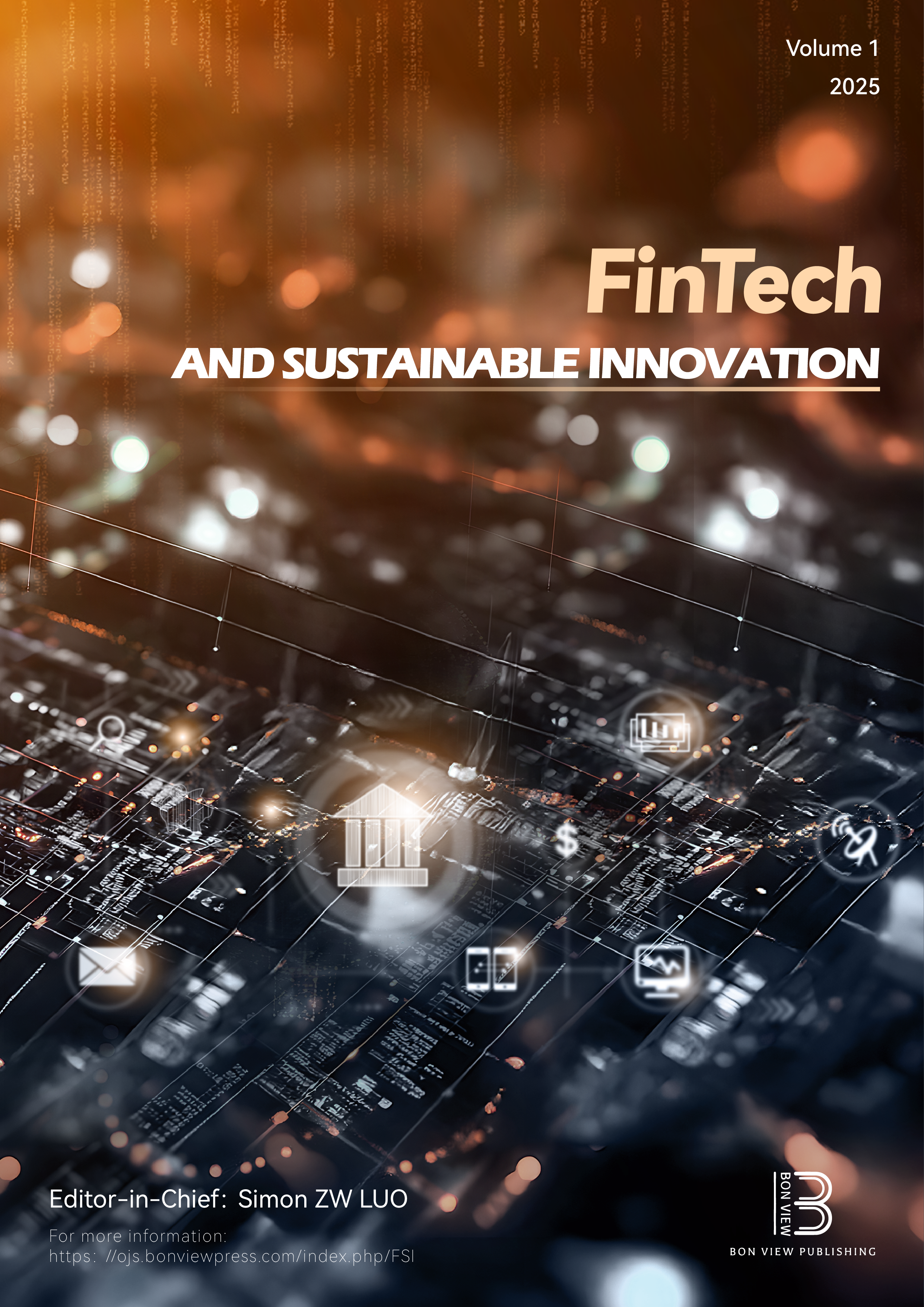Effective Cybersecurity Strategies for Mitigating Remote Work and IoT Risks in Enterprises
DOI:
https://doi.org/10.47852/bonviewFSI52025962Keywords:
cybersecurity, IoT, remote work, risk mitigation, threat detection, zero-trustAbstract
This research examines the best ways to protect against the dangers associated with working from home and using Internet of
Things (IoT) devices in the workplace through a qualitative analysis of three organizational case studies. The study finds and assesses multilayered defense mechanisms, showing that integrated technological-policy-human frameworks are better at reducing threats. Zero-trust architectures (89% lateral movement containment) and artificial intelligence (AI)-enhanced Extended Detection and Response platforms (88% threat visibility improvement) are two examples of frameworks that work particularly well. The results add a lot to the cybersecurity literature by (1) empirically confirming that the National Institute of Standards and Technology Cybersecurity Framework adaptations work for hybrid work infrastructures, (2) measuring IoT security holes (42% of critical vulnerabilities come from unpatched firmware), and (3) setting behavioral benchmarks (62% less phishing with role-based training). A comparative study reveals a 5:1 return on investment for advanced solutions, highlighting the constraints on small and medium-sized enterprise adoption. This moves the conversation further to scalable cyber-resilience. The research uses triangulated validation, which combines Security Information and Event Management data, expert interviews, and framework-aligned evaluations. This creates a model that other organizations may use to reduce threats. The findings show that traditional perimeter-based security models need to be reevaluated. Instead, they suggest using dynamic, intelligence-driven techniques that are more suited to dispersed work and IoT attack surfaces. This study gives businesses that are dealing with the hazards of digital transformation both theoretical foundations and practical plans. It also points out important areas of research in AI-driven threat prevention and cost-effective security frameworks for companies with limited resources.
Received: 19 April 2025 | Revised: 11 July 2025 | Accepted: 13 August 2025
Conflicts of Interest
The author declares that he has no conflicts of interest to this work.
Data Availability Statement
Data sharing is not applicable to this article as no new data were created or analyzed in this study.
Author Contribution Statement
Gabriel Silva Atencio: Conceptualization, Methodology, Software, Validation, Formal analysis, Investigation, Resources, Data curation, Writing – original draft, Writing – review & editing, Visualization, Supervision.
Downloads
Published
Issue
Section
License
Copyright (c) 2025 Author

This work is licensed under a Creative Commons Attribution 4.0 International License.


